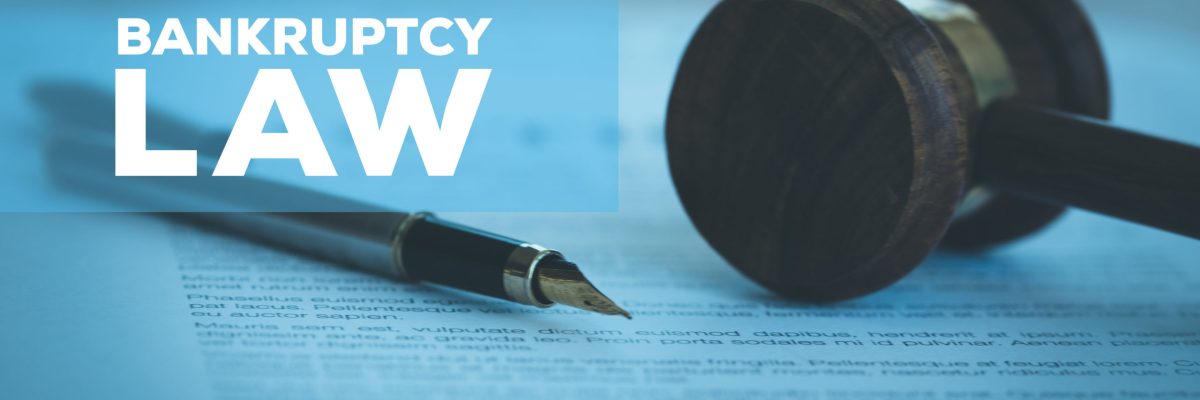The Small Business Reorganization Act (SBRA) became effective February 19, 2020. The SBRA was enacted to address concerns that typical chapter 11 reorganization cases were too expensive and burdensome for smaller businesses. In order to address those concerns, Congress created subchapter V (read as “five”) of chapter 11, which provides a more streamlined, and less costly, process for navigating through the reorganization process.
Before the SBRA was passed, financially troubled businesses had to choose between a complex and costly chapter 11 case or a chapter 7 liquidation. Many small businesses that had the potential to survive were unable to afford to successfully navigate through the chapter 11 process. The intent of Congress in enacting the SBRA was to provide a vehicle that would permit more struggling smaller businesses to survive the reorganization process.
Initially, the SBRA made subchapter V available to a “small business debtor” that had debts of approximately $2.7 million or less. Unlike a chapter 11 case, a trustee is appointed to assist with the confirmation process. Many of the more costly reporting requirements of chapter 11 were eliminated and numerous changes were made that were intended to make it easier for small business debtors to confirm a plan of reorganization. In effect, a subchapter V case is a combination of a typical chapter 11 case and a chapter 13 case, which is limited to individuals.
At the time SBRA was enacted (August 23, 2019), Congress was unaware of the ensuing COVID-19 pandemic. Realizing the potential negative impact the pandemic could have on businesses, and small businesses in particular, in the Coronavirus Aid, Relief, and Economic Security Act (CARES Act), Congress amended the SBRA barely one month after it became effective to increase the debt threshold for a “small business debtor” from $2,725,625 to $7,500,000 for a period of 12 months ending March 27, 2021. This increase will greatly expand the availability of a streamlined bankruptcy reorganization for smaller businesses.
Even with the enactment of the SBRA, bankruptcy is a complex matter. Blanco Tackabery is prepared to assist you with navigating through the bankruptcy process. If you have questions, contact Jim Vaughan or Ashley Rusher for assistance.
 Jim Vaughan has more than 30 years of experience representing lenders in commercial loan workouts, bankruptcy cases and commercial litigation. This, coupled with his accounting background and business skills developed running a solo law practice for twelve years, gives him a common sense, results-driven approach to counselling clients and serving their needs effectively and efficiently.
Jim Vaughan has more than 30 years of experience representing lenders in commercial loan workouts, bankruptcy cases and commercial litigation. This, coupled with his accounting background and business skills developed running a solo law practice for twelve years, gives him a common sense, results-driven approach to counselling clients and serving their needs effectively and efficiently.

